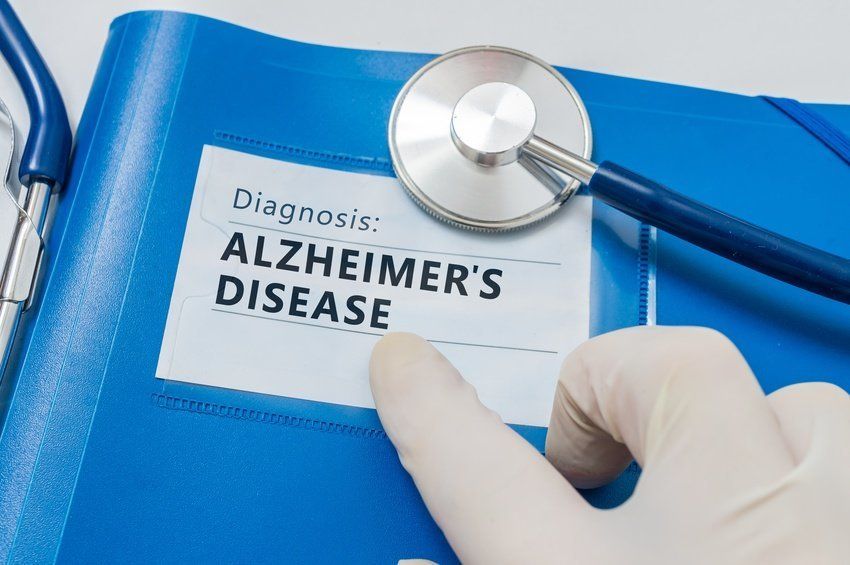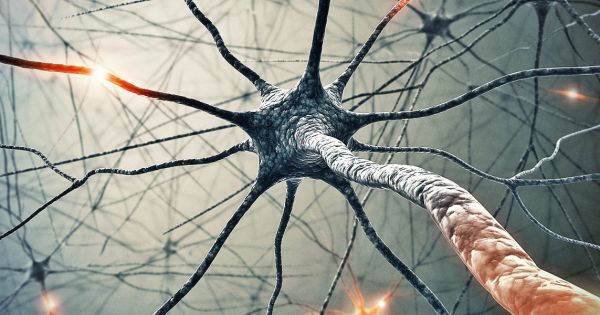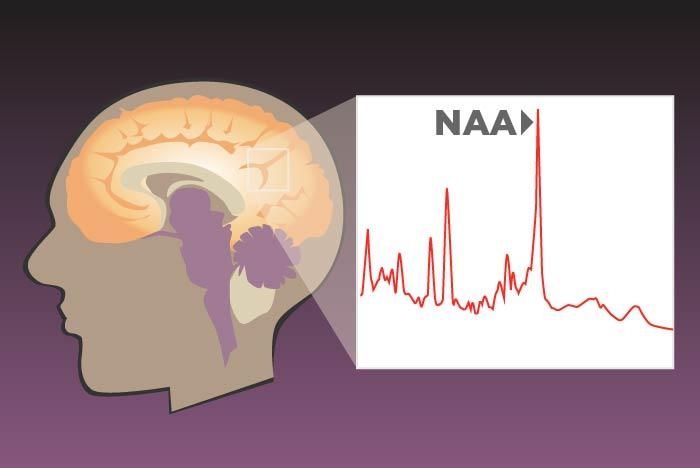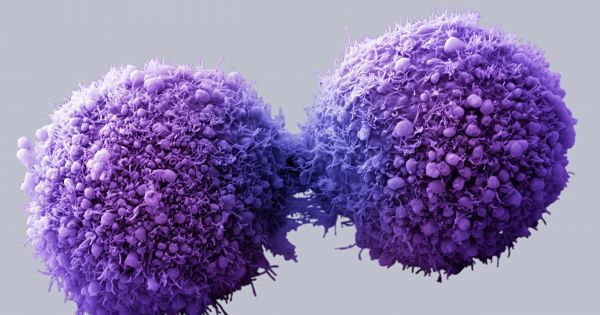Its painful to bear views that make many think I’m an imbicile and dislike me. So please, if anybody has a rational argument why any of this is wrong, I beg to be enlightened. I’ve set up a diagram for the purpose that will support you to add your criticism exactly where it is pertinent. https://tssciencecollaboration.com/graphtree/Are%20Vaccines%20Safe/406/4083
(1) The National Academy’s Reviews Of Vaccine Safety
The Institute of Medicine of the National Academies has provided several multi-hundred page surveys studying the safety of vaccines, but rather than reassuring, these itemize some iatrogenic conditions being caused, and pronounce the scientific literature inadequate to say whether most others are. The 2011 Institute of Medicine (IOM) Review[1] looked at 146 vaccine-condition pairs for causality, reporting:
- 14 for which the evidence is said to convincingly support causality, the vaccine is causing the condition.
- 4 where the evidence is said to favor acceptance.
- 5 where the evidence is said to favor rejection, including MMR causing autism.
- 123 where the evidence is said insufficient to evaluate.
The 2003 IOM Review on multiple vaccines said[2]:
“The committee was unable to address the concern that repeated exposure of a susceptible child to multiple immunizations over the developmental period may also produce atypical or non-specific immune or nervous system injury that could lead to severe disability or death (Fisher, 2001). There are no epidemiological studies that address this.”
and:
“the committee concludes that the epidemiological and clinical evidence is inadequate to accept or reject a causal relationship between multiple immunization and an increased risk of allergic disease, particularly asthma.”
- None of the IOM Safety Reviews[1][2][3][4] addressed the aluminum (for example whether the aluminum is causing autism), or mentioned contaminants, or discussed animal models although they had concluded as just quoted there is generally no epidemiological or clinical data worth preferring.
(2) The Aluminum.
Alum was added to vaccines back in the 1920’s, with no test of parenteral toxicity until recently[5], because it prods the immature immune system out of its normal operating range.[6] Maybe they figured aluminum is common in the environment, but injection bypasses half a dozen evolved sequential filters that normally keep it out of circulatory flow during development. Vaccines put hundreds of times as much aluminum into infants’ blood as they would otherwise get, and in an unnatural form that is hard for the body to remove.[7][8 (cfsec 4.2)][9]. The published empirical results indicate its highly toxic.
Continue reading “The Top Ten Reasons I Believe Vaccine Safety Is an Epic Mass Delusion” »















